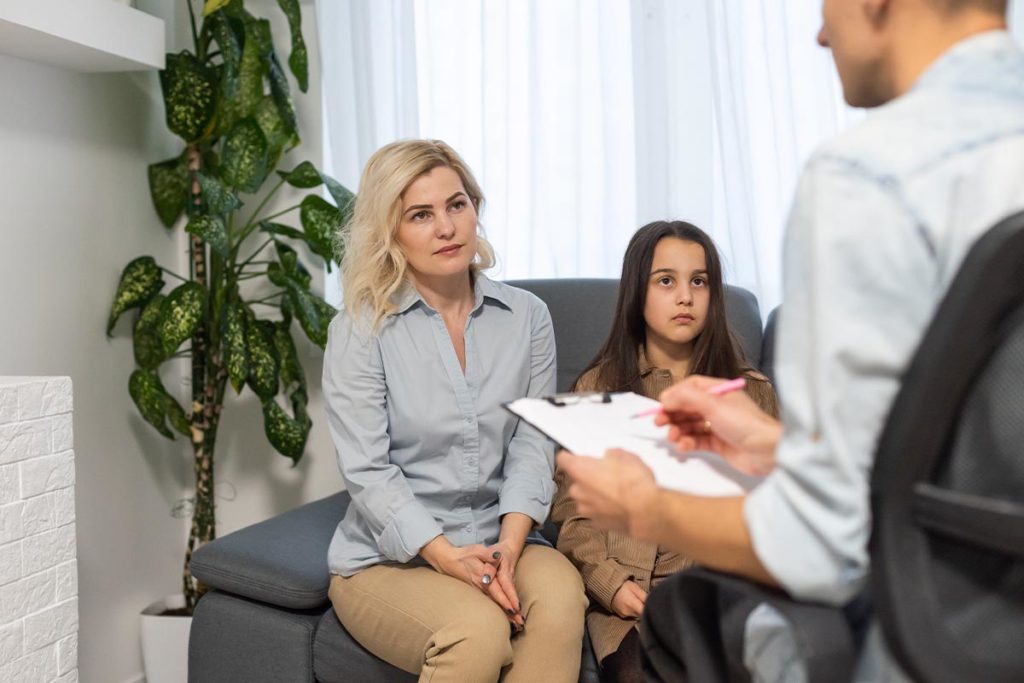Teenagers’ road through residential treatment is a major step toward recovery and personal development. But returning to daily life has special difficulties. The teen treatment in Washington state concentrate not just on treating acute behavioral or emotional problems but also on arming them with the tools they need to flourish in their freedom following treatment.
The Importance of Life Skills Development
Developing important life skills is one of Washington’s main goals for her teen residential treatment clinics. Teenagers participate in organized programs covering daily living skills, financial literacy, and emotional control during their stay. Curriculum calls for learning personal financial management, cooking, and housekeeping skills as well as others. Once they leave the conducive setting of therapy, these abilities enable them to take control of their lives and make wise decisions.

Therapeutic Support and Aftercare Planning
Moving toward independence requires emotional readiness as much as it does developing useful abilities. Many teenagers might have uneasiness about going back to their former surroundings or worry. Washington residential treatment programs provide therapeutic assistance via counseling and group therapy sessions in order to handle this. These programs enable teenagers to grow resilient, create coping mechanisms, and sort through their experiences.
Another essential element of the change process is the planning of aftercare. Usually, programs consist of follow-up assistance, including contacts to local resources, counselor frequent check-ins, and group membership. This ongoing assistance guarantees that teenagers feel supported as they negotiate new obstacles, therefore helping to close the distance between the regimented surroundings of therapy and the complexity of daily life.
Building a Support Network
Involvement of family and community is absolutely essential for getting teenagers ready for life beyond treatment. The teen treatment in Washington state frequently includes families in the therapy process, arming them with tools to help their teenagers reintegrate into home life. Furthermore, linking teenagers with peer support groups, mentoring programs, and community resources helps to build a strong support system that promotes good social relations and personal development.
Emphasizing life skills development, emotional support, and community involvement, Washington’s teen preparation for life after treatment takes a multifarious approach. Residential treatment programs assist teenagers in moving to independence by concentrating on these important areas, therefore building resilience and guaranteeing they have the tools needed for a successful future. These young people may confidently go forward, ready to seize the chances that lay ahead with the correct help.



